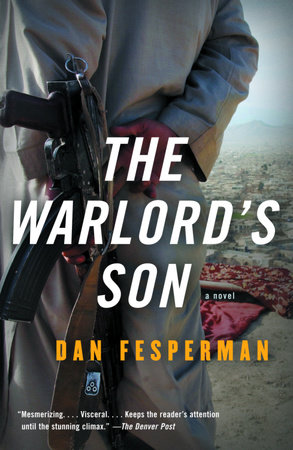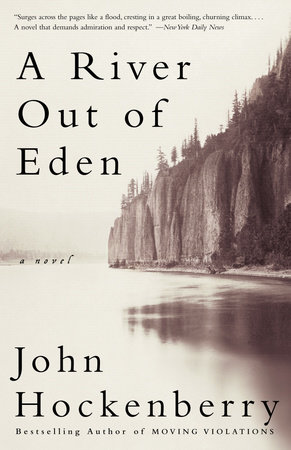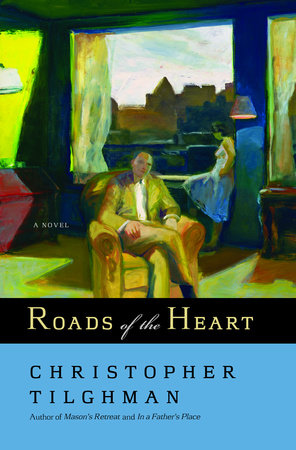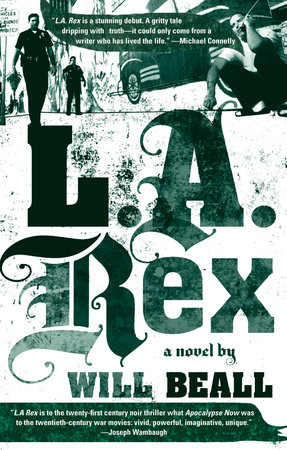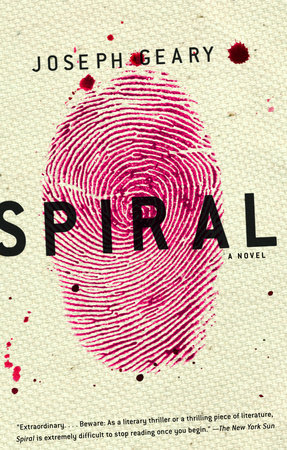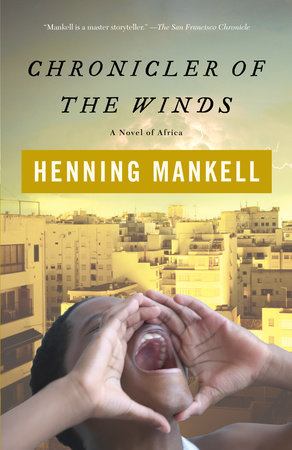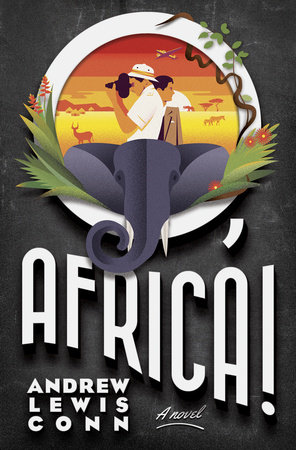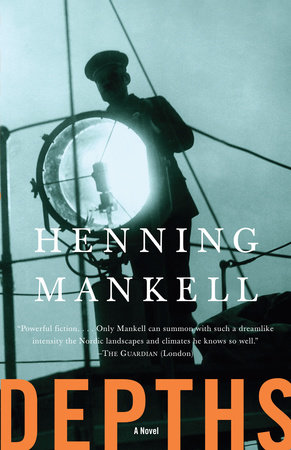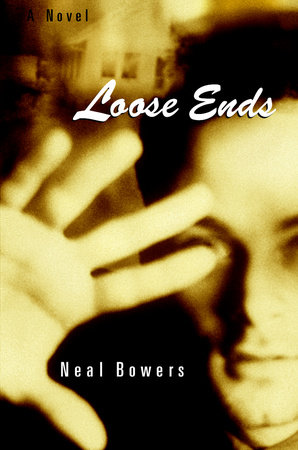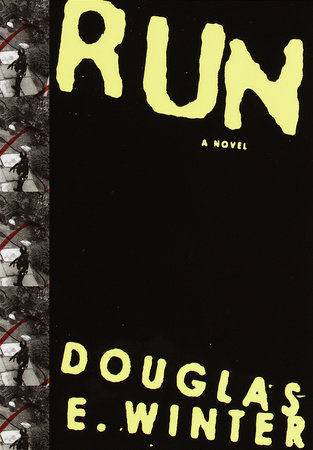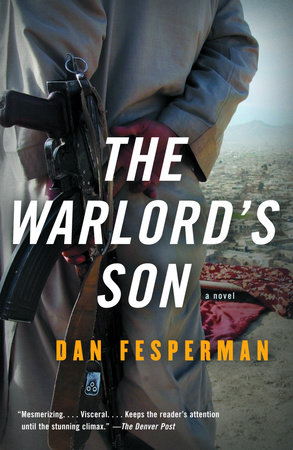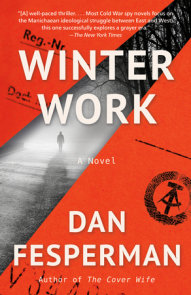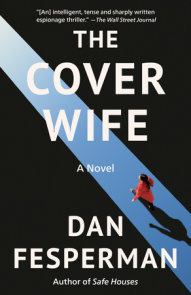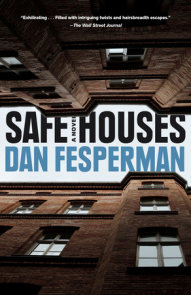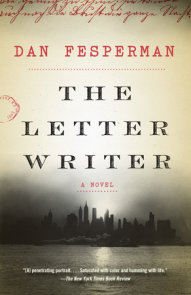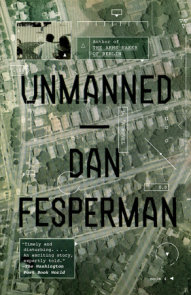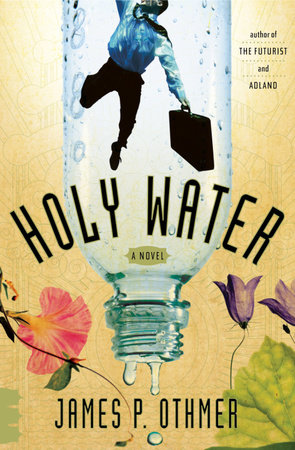Author Q&A
A Conversation with
DAN FESPERMAN
Q: What made you want to set a novel in Afghanistan?
A: Afghanistan is one of the great, exotic theaters of the current rising struggle between East and West, which is shaping up as a sort of new Cold War. That, plus it has always been a prime setting for intrigue throughout history. Empires always end up meddling there, and almost always end up blundering or miscalculating, usually by underestimating the locals. There is something both current and timeless about that. So when I got the chance to travel there a few years ago–during the same period in which the book is set, in fact–I knew I had to use the setting. The atmospherics were just too wonderful to pass up.
Q: What exactly is a Warlord in the context of this book?
A: He is a tribal chieftain, a man on the make with turf to protect, interests to look out for, and well-armed rivals to deal with. Outside powers have always tried to put such people to work for them in Afghanistan and along the North-West frontier, but somehow, as in the case of Najeeb’s dad, the warlords always seem to get the better of the relationship. They get what they need, whether its weapons or money or a certain sort of leverage, and in exchange the donor often gets an unreliable ally, depending on his mood of the moment. If you look at Afghanistan now, and also the adjacent tribal areas of Pakistan, they are still largely run by networks of warlords. They tend to view Hamid Karzai as the mayor of Kabul, whose more grandiose title of president is tolerated as long as he doesn’t interfere too greatly in their affairs.
Q: Throughout the novel, Skelly puts himself in unbelievably dangerous situations for the sake of the “story.” I’m sure you’ve known many journalists like this, or may even recognize this trait in yourself. How would you explain it?
A: The funny thing is that, except for the firefight, neither Skelly nor most any journalist who has covered war and upheaval abroad would necessarily argue that Skelly is much of a risk taker. It’s not so much that you get enured to the dangers as much as you realize, once you’re on the scene, that no place is as dangerous as it seems from afar. Even in the midst of war zones there are sanctuaries, pockets of relative tranquility. The trick is in learning how to move back in forth between the hot and cold zones without taking too much risk. Of course, some of this attitude, whether from me or from Skelly, is convenient self-delusion. We tell ourselves we know what we’re doing, and that’s fine until circumstances veer out of control. Then you find yourself huddling in the rocks and dodging fire, and wondering if any story could possibly be worth all this.
Q: The title character, Najeeb, is a journalist in Pakistan as well as a translator and guide who went to University in the U.S. He is an intriguing mix of the traditional views he was raised with and the modern ideas he’s been exposed to in the States. How prevalent are people like Najeeb in the Middle East?
A: More prevalent than you might think. Throughout the Middle East, and very much so over in Pakistan, you’re always running into people who have relatives in America or Great Britain. In more educated circles it’s even more frequent. But, to give you one example from some other travels, once in a benighted rural corner of the Balkans I was subjected to a half-hour political lecture by a nationalistic young thug who couldn’t have seemed more out of touch with the modern world of the West. Of course, he then informed me that he had three uncles in California. Episodes like that happen in the Middle East was well. Plus, there’s a lot of exposure to our culture through portals like the Internet, or films and television. What makes Najeeb exceptional is that he’s from the Tribal Areas, which have remained relatively isolated. But there have been cases of suddenly wealthy chieftains who, either to make a point or to impress their rivals, have sent their sons abroad for university educations, just in the way Najeeb got his college degree.
Q: There is a lot of curiosity about the Muslim culture. Were you trying to present a specific image in your writing of this novel? If so, how do you think readers will react to your portrayal of that culture?
A: Not so much a specific image of Muslim culture, because that would be about as difficult as trying to nail down the Christian culture within the framework of a single character. I was trying to present a slice of it, with someone who, while devout, isn’t particularly slavish in his devotion. He does some of the little things wrong–doesn’t always wash up before prayers, for example, or carries his teacup around, sipping at it just before unrolling his prayer rug. But not every Muslim, even among the devout, always follows every rule or restriction to the letter. I think a lot of Americans share Skelly’s misconception — thinking that any Muslim who’s a true believer must be at least a borderline fanatic. But Skelly’s lack of understanding also has to do with the uneasy relationship between the sacred and the secular, a point of friction just as likely to be found between, say, evangelical Christians and some of their secular neighbors, as between Muslims and Christians. Whenever any of these sides drift apart and stop talking to each other, whether its within the same town or across national borders, the misconceptions and conflicts only worsen.
Q: At one point in the story, Skelly, the American war correspondent, looks around at a blood-thirsty crowd and recognizes it as a scene that he has seen in many places, including America. How distant would you say America is from the violence that occurs in other places?
A: Every culture in the world is just one good shove away from the precipice of barbarism. The easy example is the Germans under Hitler, or more recently the people who’d lived side by side for 50 years in Tito’s Yugoslavia. They spent all that time modernizing and saying the right things, yet the seed was always there for their own destruction once they got that push from the politicians and the fear-mongers. Remove the established order from any place for an appreciable time and the mob will always assert itself, generally with ugly results. Give them a rope and you’ve got a lynching. Give them machetes and you have Rwanda. Give them 20-plus years to go after each other and you’ve got Afghanistan, with everything ruined and broken. The pity of it is that the number of people who would opt for reason, or for peaceful resolution, almost always outnumbers the rabble rousers and hotheads. Yet somehow the latter bunch always seems to prevail the moment you’ve removed the controls.
Q: Najeeb, Skelly’s translator, commits what is seen in his culture as an unforgivable sin–betraying his family. Do you believe that there are any unforgivable acts when it comes to family?
A: It depends on the family, really. A few friends of mine have been disowned by their parents for marrying out of their faith–and these aren’t Muslims I’m talking about. A little tolerance can go a long way in holding a family together through thick and thin. The irony is that a tolerant upbringing is also less likely to produce the sort of offspring who might do something unforgivable. Then again, you look at someone like John Walker Lindh, the “American Taliban,” a sort of lost soul who had been encouraged by his parents from an early age to sample other cultures, then took it to unthinkable extremes. He fell about as far away from their way of life as you can imagine, yet by all accounts his parents have been very forgiving, and would welcome him home in a second. So, even in a culture as rigid as Najeeb’s, it is often a very personal standard as to what a family will and won’t forgive.
Q: Bin Laden appears throughout the novel, almost as a ghostly figure overlooking certain events but never directly taking part. What is the implication of this?
A: I wanted to have him hovering in the periphery as a threatening, influential and even ghostly presence. Because let’s face it, without him there would have been no American adventure in Afghanistan, and no hordes of Skellys rushing over there to cover it with Najeebs in tow. Yet I very much did not want this book to devolve into a “Bin Laden novel.” Of course, that made it tricky for me in the one scene in which the man himself appears to have a cameo. Which is why I chose to have Skelly come to this encounter feverish, and somewhat addle-brained. Does Skelly really see him? The evidence seems to strongly indicate that he does, but we’ll never know for sure. Or, at least, no one but I will know. Hey, we have to keep some secrets from our readers!
Q: Najeeb points out that as a journalist, Skelly is much like a walking ATM. In your experience, how are journalists viewed in countries where they are reporting from?
A: I can only speak for how American journalists are viewed abroad, because I think the experience varies by nationality. And for Americans the experience has become increasingly trying and hazardous. Even fifteen years ago a journalist might not have been identified so heavily with his home country, except in the Middle East, where there long been stong feelings among Arabs that U.S. coverage is slanted against them. But nowadays, particularly if it’s in a part of the world where the American military is present, journalists will often have to endure political lectures, or long lists of grievances, before getting to the meat of their interview. Most alarmingly, there is a growing sense in some extremist quarters that one can send a more emphatic message by killing the messenger than by speaking with him, and that’s very dangerous ground. As for the aspect of being a walking ATM, this happens in any country where chaos reigns and economic order has vanished. Arriving journalists will literally be the richest folks in town. Frankly it’s a wonder (not to mention a tribute to the people in these places) that more of us haven’t been robbed and killed simply because we’re such easy and lucrative targets.
Q: This is your third novel. What advantages have you found in writing fiction as opposed to journalistic writing?
A: The answer I always fall back on whenever this kind of question comes up is a quotation, source unknown, that I heard long ago from a colleague. “Journalism is truth with a small t. Fiction is truth with a capital T.” Apart from the obvious stylistic freedom which fiction allows, it also unchains you from your notebook. You’re not having to constantly get all of the little facts straight, as long as the greater truths are intact. You’re out to capture a sense of place, of character, of culture, and of conflict. You’re in search of the universals, yet also of the particulars that set yours apart. And while the best journalism also seeks the answers to some of those bigger questions, in fiction you have the wonderful convenience of shaping the characters in all the smaller ways that makes them a better fit.
Q: What’s next for you?
A: I recently started work on a novel set at Guantanamo, circa summer 2003. The main character is an FBI interrogator. And if you think of Aghanistan and the Balkans as exotic locales, well, none have anything on Camp Delta–a prison camp shut away from the world on a forbidden corner of Castro‘s Cuba. In other words, a world within a world within a world, with the largest of those worlds being an island nation isolated from its nearest neighbor. I visited Guantansmo and Camp Delta last summer, and the setting just knocked me over with all its exotic and bizarre touches, as well as with its overwhelming sense of claustrophobia and besiegement. It’s perfect for the sort of books I like to write.
